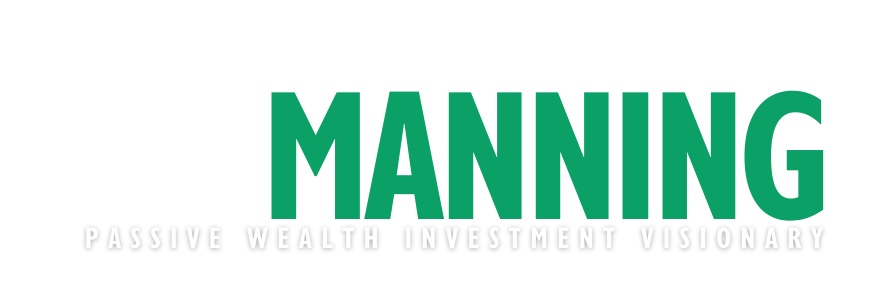🏡Real Estate investing isn't a 'get rich quick' scheme, but it's a powerful way to build wealth...
Subscribe to the Passive Wealth Show on your favorite Podcast App: Apple Podcasts, or Spotify.
The episode discusses the misconceptions and realities of passive income, particularly in relation to investment strategies. Gary debunks the myth of a ‘magic formula’ for passive income, warning against scams and emphasizing that genuine income generation typically requires active effort and risk.
They acknowledge that while investments in public markets and real estate can yield returns, they are not immune to market fluctuations and demand active management.
The discussion highlights that real estate investment, often perceived as passive, actually necessitates significant involvement, including managing properties and tenants. However, the option of partnering with others who can handle these tasks is also presented, offering a more hands-off approach while still requiring some level of engagement and oversight.
1. Skepticism Towards “Passive Income” Claims: The first speaker cautions against the belief in a magic formula for passive income, often promoted through expensive courses and “scam buckets.” This highlights the importance of being critical of get-rich-quick schemes and understanding that generating income usually requires active effort and risk management.
2. Investment in Public Markets and Real Estate: Despite skepticism towards easy passive income, there’s an acknowledgment that traditional investment avenues like public markets and real estate can generate income. However, this comes with the caveat that these investments are subject to market fluctuations and are not guaranteed or entirely passive.
3. Active Involvement in Real Estate Investments: The second speaker clarifies that real estate investment, often perceived as a passive income source, requires significant active involvement. Managing tenants, overseeing property managers, finding and negotiating deals are all part of the process. However, there’s an option to partner with others who can handle these tasks, allowing for a more hands-off approach but still requiring initial active decision-making and ongoing oversight.
